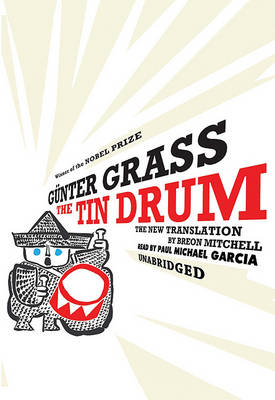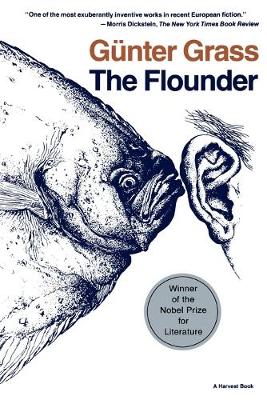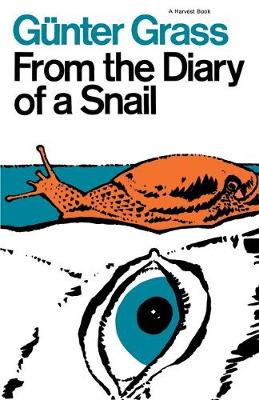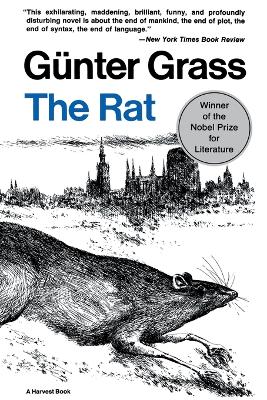Picador Books
6 total works
Gunter Grass, says The Times, 'is on his own as an artist', and indeed this extraordinary, provoking and joyously Rabelaisian celebration of life, food and sex is unique.
Lifted from their ancient fairytale, the fisherman and his wife are still living today. During the months of Ilsebill's pregnancy, the fisherman tells her of his adventures through time with the Flounder, constituting a complete reworking of social, political and gastronomic history.
Probably the most autobiographical of his novels, From the Diary of a Snail balances the agonising history of the persecuted Danzig Jews with an account of Grass's political campaigning with Willie Brandt. Underlying all is the snail, the central symbol that is both model and a parody of social progress, and a mysterious metaphor for political reform.
From the winner of the Nobel Prize for Literature and author of The Tin Drum.




